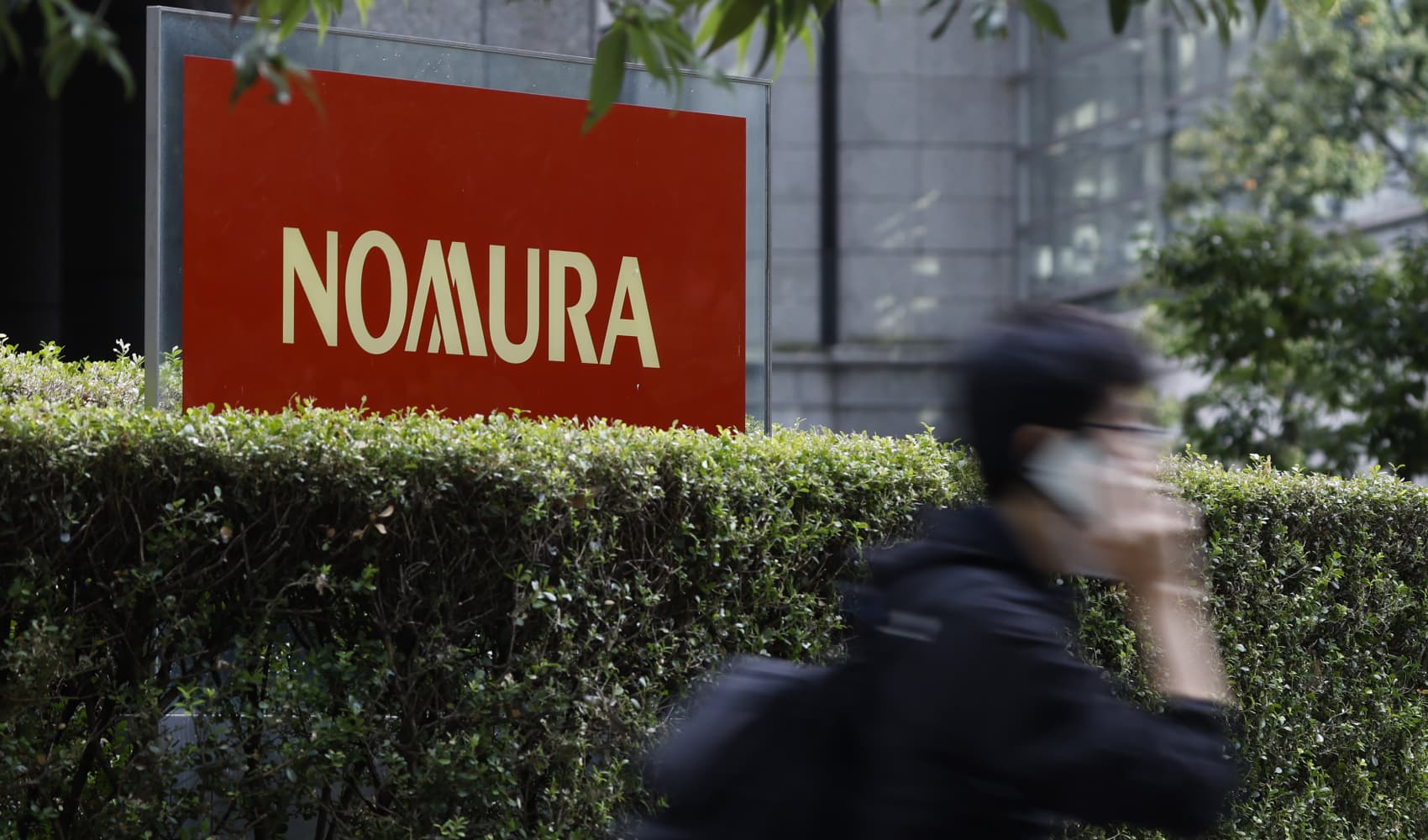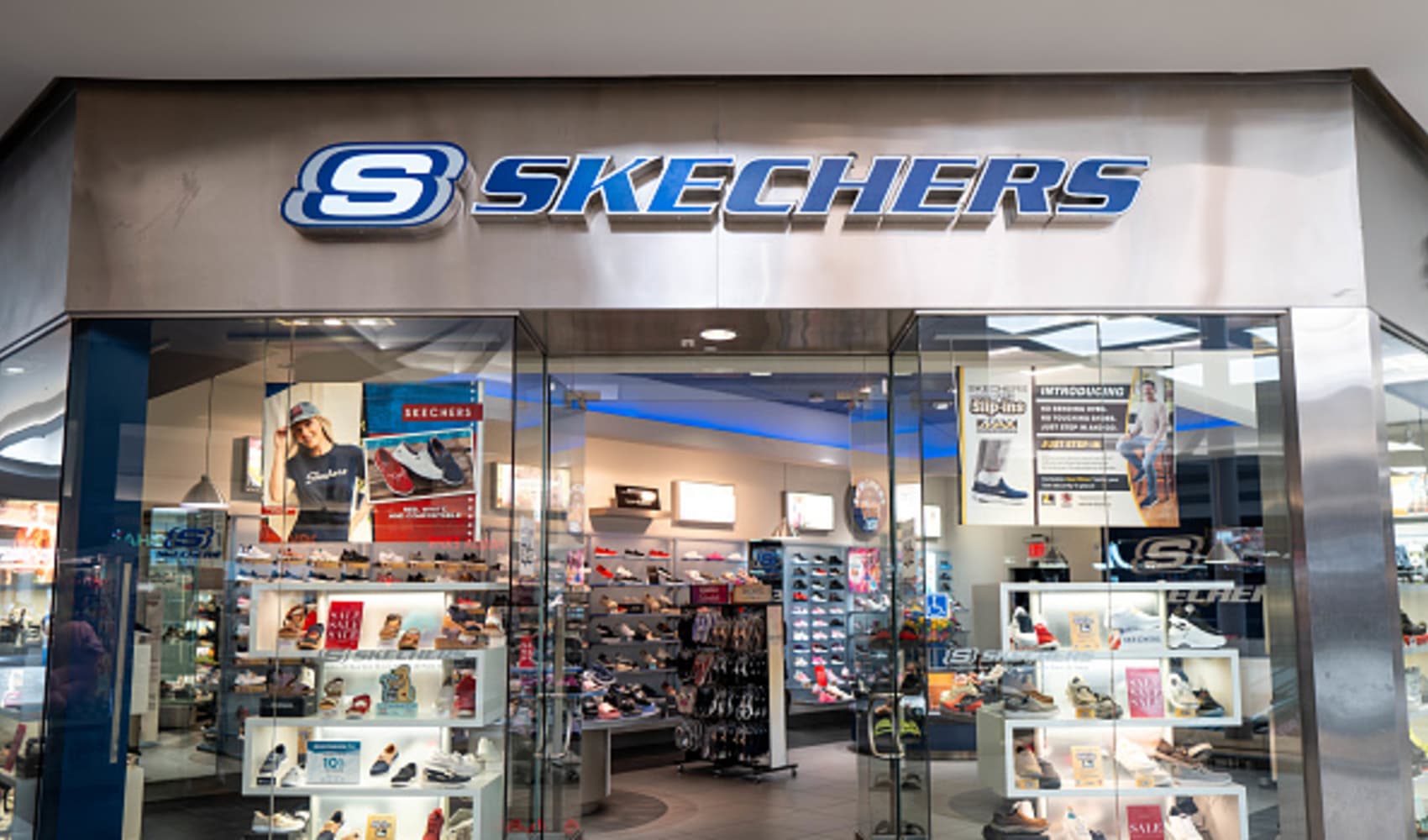Nomura Buys Macquarie: $1.8B Deal Reshapes Asset Management
Nomura's $1.8B Power Play: A Deep Dive into the Macquarie Deal
Introduction: A Seismic Shift in Asset Management?
Hold onto your hats, folks! The world of finance just got a whole lot more interesting. In a move that's sending ripples through the industry, Japanese powerhouse Nomura has announced its acquisition of Macquarie's U.S. and European public asset management businesses for a cool $1.8 billion. But what does this mean for investors, for Nomura, and for the future of asset management itself? Let's unpack this deal piece by piece.
The Headline Grabber: $1.8 Billion Changing Hands
The first thing that jumps out is the sheer scale of this deal. $1.8 billion is no small change! This all-cash transaction signifies Nomura's serious intent to expand its global footprint in the asset management space. Think of it as Nomura planting a very large flag in territories previously dominated by Macquarie.
The Numbers Game: Assets Under Management Soar
But the price tag is only part of the story. This acquisition is projected to catapult Nomura's assets under management (AUM) from a respectable $590 billion to a staggering $770 billion. That’s a massive increase, positioning Nomura as a major player in the global asset management arena. It’s like leveling up in a video game, instantly gaining access to new powers and abilities (in this case, a broader client base and expanded investment opportunities).
Macquarie's Strategy: Focusing on Home Turf
So, why is Macquarie selling off these lucrative assets? The answer seems to lie in a strategic refocusing. Macquarie will be retaining its public investments business in Australia, where it will continue to serve institutions, governments, and individual investors. It seems they're choosing to consolidate their strength in their home market, a strategy that could pay off in the long run. Maybe they're thinking, "Better to be a big fish in a smaller pond than a small fish in a vast ocean?"
The Timeline: Expect Completion by End of 2025
Patience, folks! This deal isn't happening overnight. The transaction is expected to close by the end of 2025, subject to the usual regulatory approvals. These kinds of deals involve a lot of paperwork, due diligence, and bureaucratic hurdles. It’s like waiting for the green light on a very complicated construction project.
Nomura's Grand Vision: Global Asset Management as a Priority
Strategic Growth
Nomura has made it crystal clear: global asset management is a key strategic growth priority. This acquisition isn't just a random purchase; it's a deliberate step towards achieving a larger, more ambitious goal. They see asset management as a path to long-term success and sustainable growth.
Diversification and Expansion
Expanding geographically is key. This deal allows Nomura to diversify its portfolio and reach new clients in the U.S. and Europe. It's a classic case of not putting all your eggs in one basket.
The Synergy Factor
Nomura likely sees synergies between Macquarie's existing U.S. and European operations and its own global network. Combining these resources could create a more efficient and competitive asset management business. It's like combining the best ingredients from two different recipes to create something even more delicious.
The All-Cash Advantage: Speed and Certainty
The fact that this is an all-cash deal is significant. It provides Macquarie with immediate access to capital and eliminates the uncertainties associated with stock-based transactions. It’s a clean and straightforward transaction, which can help to expedite the closing process.
Regulatory Hurdles: The Approval Process
Don't count your chickens before they hatch! The deal is still subject to regulatory approvals in both the U.S. and Europe. These approvals are designed to ensure that the transaction doesn't violate antitrust laws or harm consumers. It's a necessary, but often time-consuming, process.
The Impact on Investors: What to Expect
Short-Term Volatility?
In the short term, investors in both Nomura and Macquarie might experience some volatility as the market reacts to the news. However, any significant disruption is unlikely.
Long-Term Benefits
In the long term, this deal could benefit investors by creating a stronger, more diversified asset management company. Nomura's increased scale and global reach could lead to better investment opportunities and improved returns. It's like planting a tree that takes time to grow but eventually provides shade and fruit for years to come.
Competitive Landscape: Shaking Up the Industry
This acquisition will undoubtedly shake up the competitive landscape in the asset management industry. Nomura's emergence as a major global player will put pressure on existing firms to innovate and adapt. Competition is good for investors, as it can lead to lower fees and better service.
Beyond the Numbers: The Human Element
While the financial figures are impressive, it's important to remember the human element. This deal will impact the lives of employees at both Nomura and Macquarie. Integrating these two organizations will require careful planning and communication to ensure a smooth transition. It's not just about assets; it's about people.
A Global Game of Chess: The Bigger Picture
This transaction is just one piece of a larger global game of chess in the financial world. Investment banks and asset managers are constantly seeking new opportunities to grow and expand their reach. This deal highlights the importance of strategic acquisitions in achieving these goals.
The Future of Asset Management: Trends to Watch
The asset management industry is constantly evolving, with new trends and technologies emerging all the time. Factors like increased regulation, the rise of passive investing, and the growing importance of ESG (environmental, social, and governance) factors are shaping the future of the industry. Nomura's acquisition of Macquarie's assets positions it to better navigate these challenges and capitalize on new opportunities.
Conclusion: A Bold Move with Long-Term Implications
In conclusion, Nomura's $1.8 billion acquisition of Macquarie's U.S. and European public asset management businesses is a bold move with significant long-term implications. It strengthens Nomura's position as a major global player, allows Macquarie to focus on its core Australian market, and ultimately benefits investors through increased competition and diversification. While the deal is still subject to regulatory approvals, it represents a pivotal moment in the evolution of the asset management industry. It’s a strategic masterstroke, setting the stage for Nomura's future success on the world stage.
Frequently Asked Questions (FAQs)
- Why is Nomura buying Macquarie's asset management business? Nomura is strategically expanding its global asset management footprint. They see it as a key area for future growth and diversification.
- What happens to Macquarie's clients in the U.S. and Europe? Macquarie's U.S. and European public asset management clients will become clients of Nomura, pending regulatory approval. They can expect a seamless transition, with Nomura aiming to provide continued high-quality service.
- How will this deal affect the fees charged to investors? While it's difficult to predict exact fee changes, increased competition in the asset management industry often leads to downward pressure on fees, potentially benefiting investors.
- What regulatory approvals are required for this deal to close? The deal requires approval from regulatory bodies in both the United States and Europe. These agencies will review the transaction to ensure it complies with antitrust laws and doesn't harm consumers.
- What are the long-term benefits of this acquisition for Nomura? In the long term, Nomura hopes to benefit from a larger client base, a more diversified product offering, and increased economies of scale, leading to greater profitability and a stronger global presence.



